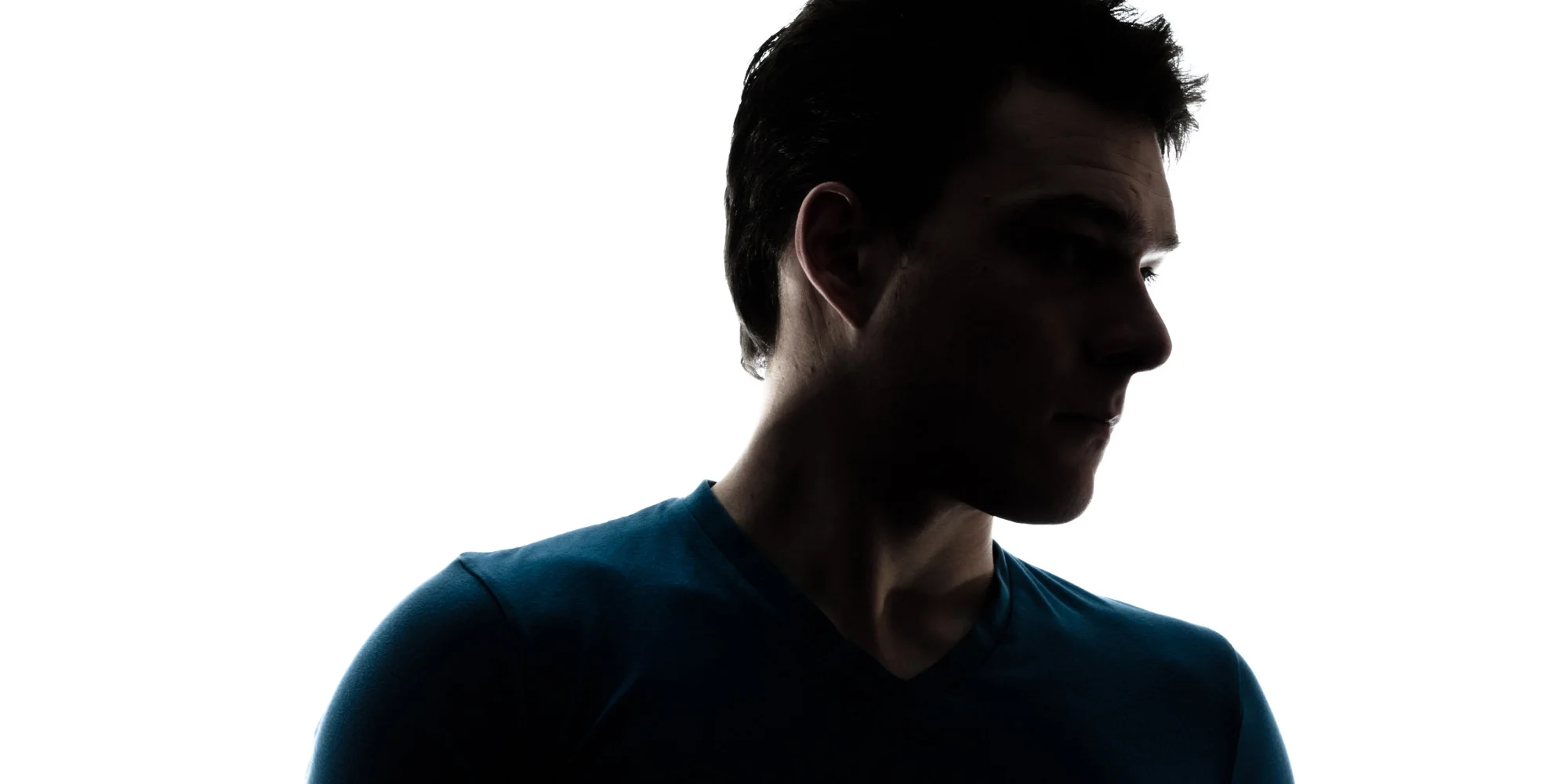Parotid FAQ
What is the parotid?
You have two parotid glands, one on either side of your mouth in front of your ears. These glands make saliva. There are other glands which make saliva, one on each side under the jawbone (submandibular gland), and hundreds of smaller ones scattered around the lining of your mouth.
Are parotid lumps normal?
Lumps can occur in the parotid due to abnormal overgrowth of some part of the salivary glands. These are called parotid gland tumours. The majority of these are benign, which means that they do not spread to other parts of the body, and do not destroy other structures that they come in contact with. The tumours are not usually related to smoking or any other known risk factor.
Cancerous tumours can also affect the parotid. A fine needleaspirate (FNA) sample can be taken from the lump to try to find out what sort of tumour you have. These results are often helpful, but are not totally reliable in all cases. Why
Although 80% of these lumps are benign, in most cases we recommend that they are removed since they generally continue to grow and can become unsightly. After many years a benign lump can turn malignant. Also, the bigger the lump the more difficult it is to remove, which is another reason why we tendto operate fairly quickly. Lastly, there is always some concern regarding the exact cause of the lump until it has been removed and examined.
What is a parotidectomy?
A parotidectomy is the surgical removal of the parotid gland. In fact, in most cases we do not remove all of the parotid, just the lump with a good border of normal tissue around it.
What can I expect prior to the surgery?
You will be called by the anaesthetist (doctor who administers anaesthetic to put you to sleep) when they will assess your fitness to undergo an operation. Usually you will be admitted either on the day or the afternoon before the operation.
What happens during the operation?
The operation is performed under a general anaesthetic, which means that you will be asleep throughout. An incision will be made which runs from in front of your ear and down into your neck. This cut heals very well, and in time the scar is likely to be minimal.
During the operation the skin over the face is lifted and some of the nerves to the skin are cut. This means that the skin on the side of your face and in front of the ear will be numb for some time after the operation. Many patients report that the skin of the ear lobe remains numb permanently.
At the end of the operation the surgeon will place a drain (plastic tube) through the skin in order to prevent any blood clot collecting under the skin. You may need to stay in hospital for 24-48 hours after the operation before the drain can be removed and you can go home.
After the operation....
Is the surgery painful?
Most people having an operation are likely to feel some mild to moderate discomfort. The doctors and nurses will make sure you have enough painkillers by mouth to keep you comfortable. You should be able to eat and drink normally.
What can happen after parotid surgery?
+Facial weakness
There is a very important nerve that passes right through the parotid gland, called the facial nerve. This makes the musclesof the face move. If it is damaged during surgery it can lead to a weakness of the face (facial palsy). In most cases the nerve works normally after the surgery. However, in about 15-20% of cases the nerve can become bruised and as a result the face can be weakened. This usually lasts for only a few weeks after the operation and recovery may be speeded up by exercises that the speech and language therapist can suggest.
In 1% of cases there is a permanent weakness of the face following this sort of surgery for benign tumours.
In some cases the nerve can be involved with a malignant tumour – in which case some of it may need to be removed in order to get the tumour out safely. If there is any chance of this happening to you, the doctors will warn you before the operation.
+Numbness of the face and ear
The skin on the side of your face will be numb for some weeks after the operation. Your ear lobe is likely to be permanently numb.
+Haematoma
Sometimes one of the drains becomes blocked, causing a blood clot to collect beneath your skin (a haematoma). A haematoma occurs in about 5% of patients and if this happens it may be necessary for you to return to the operating theatre so that the clot can be removed and the drain replaced.
+Salivary collection
In 2-5% of cases the cut surface of the parotid gland leaks a little saliva, which can collect under your skin. If this happens the saliva has to be removed, usually with a needle (like a blood test), possibly several times over the next few weeks, but this will settle completely in time.
+Frey’s syndrome
Some patients find that after this surgery their cheek can become a little red, flushed and sweaty when they are eating. This is because the nerve supply to the parotid gland can re-grow following surgery and start to supply the sweat glands of the overlying skin. This can usually be treated with a roll-on antiperspirant or your doctor may suggest other treatments in severe cases (e.g. Botox injections).


